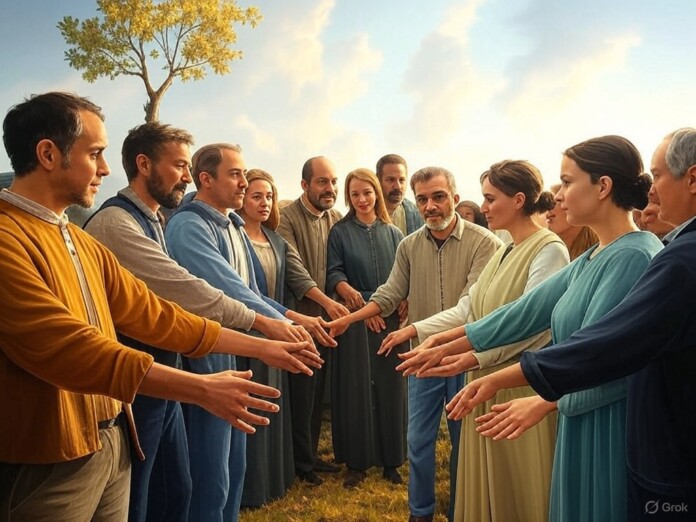READ, COMMENT AND SHARE – There are times in a nation’s journey when the strict application of justice, however justified, must make room for the greater virtue of forgiveness. Not as a concession of weakness, but as an affirmation of wisdom. Not because the past is forgotten, but because the future demands hope.
Amnesty is one of those rare, decisive choices. It does not rewrite what was, but it reshapes what may come. It is a political act of courage—and, more profoundly, a sign of civic maturity. It expresses a society’s ability to close painful chapters, acknowledge wounds, and commit to renewal.
In Brazil, as in many parts of the world, amnesty has reappeared at pivotal moments—times of transition, division, and healing. More than forty such gestures have been recorded in our history, from the imperial era to the present day—extended to rebels, revolutionaries, the persecuted, deserters, and even state agents. In each case, it was a civilizational choice: to restore the possibility of unity in the face of fracture.
During Brazil’s Old Republic, following conflicts like the Canudos War and the Naval Revolt, amnesty served as a path toward pacification. Under Getúlio Vargas, it was extended both to those who had opposed his regime and to those who had fought for it. And in 1979, at the threshold of democratic reawakening, the Amnesty Law symbolized not merely a legal adjustment but a moral and national turning point—extending, in a broad and enduring gesture, a measure of reconciliation to both sides of a long and painful divide.
Globally, the same spirit has shaped other nations’ recoveries. In South Africa, the Truth and Reconciliation Commission opted to forgive in order to heal, choosing remembrance over revenge. After World War II, several European countries granted amnesty to both collaborators and resisters, seeking to rebuild not just institutions but human dignity. In Spain, following civil war, amnesty became a bridge to peaceful coexistence—not a denial of memory, but a safeguard of civic peace.
Above all, amnesty is a spiritual commitment. It belongs not solely to the realm of law, but to that of virtue. It emerges from the recognition that all human beings err—and that justice, to remain just, must sometimes be tempered by mercy. Christianity teaches: “Forgive seventy times seven.” In Judaism, the Day of Atonement calls for introspection and human reconciliation, as essential as divine grace. Islam, Buddhism, and Spiritism likewise honor forgiveness as an elevated moral force.
When a society is gripped by grief, by division, or by polarizing fear, it must ask itself what future it seeks. Whether it will live in the shadows of its pain—or choose a path of restoration. Amnesty, in such moments, is not a denial of justice but an affirmation of a greater good. It calls us to see, behind every name, a human being. Behind every sentence, a family. And behind every difference, a shared destiny.
To grant amnesty is not to forget. It is to release the future from the weight of vengeance. It is to reaffirm, as a people, the strength to move forward. With truth—but also with compassion. With resolve—but also with generosity. For the greatness of a nation is measured not only by its ability to judge, but by its capacity to forgive
José Roberto Souza Dias, PhD, Founder, Editor, and Chief Editor of Two Flags Post Journalist, Mtb 0083569/SP/BR, Master of Economic History, and Doctor of Human Sciences from the University of São Paulo, Honorary Doctorate from the Faculty of Social Sciences of Florianópolis – Cesusc


